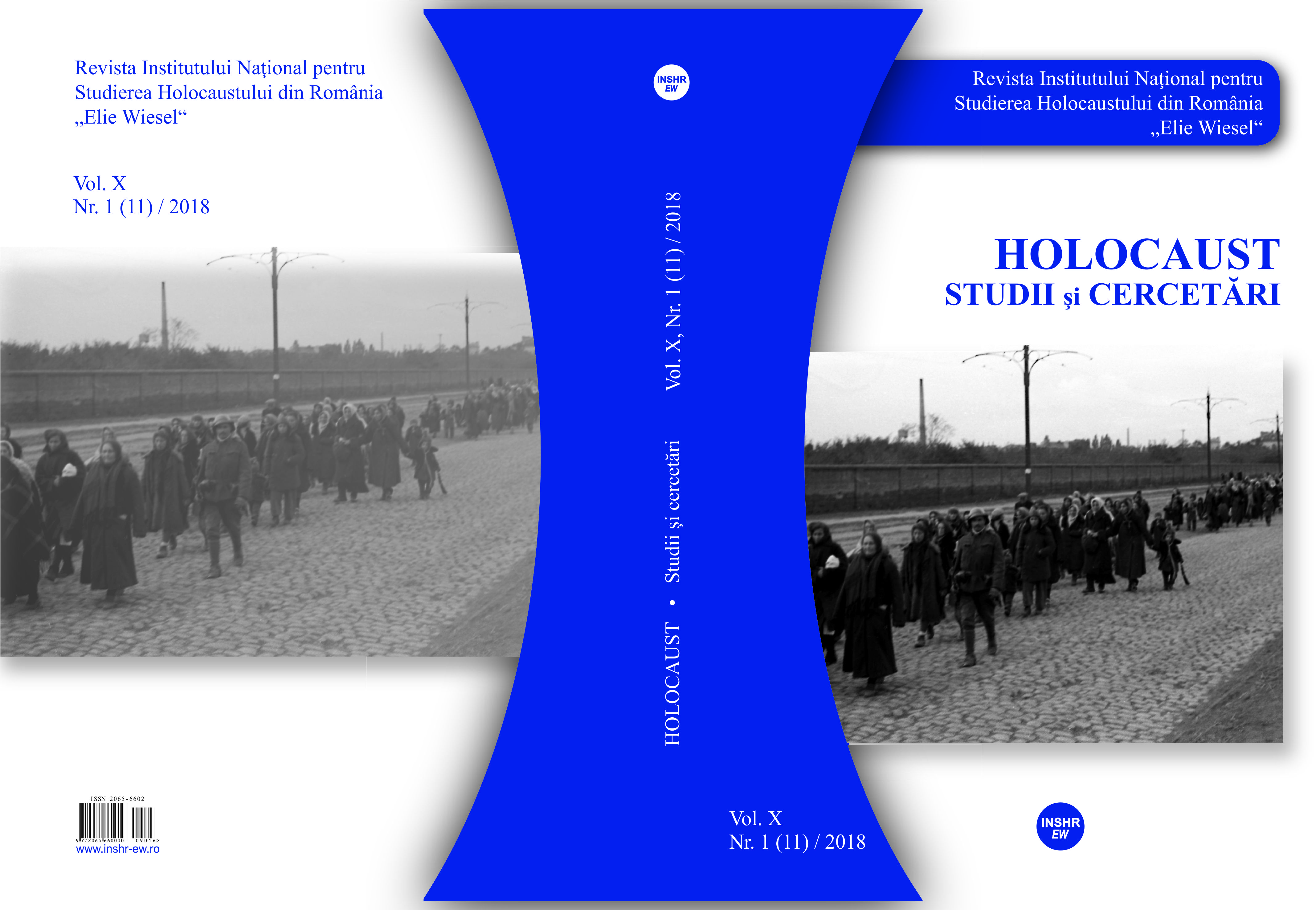Memory, Truth and the Radicalisation of Knowledge: The Biographies of Nazi Perpetrator Descendants and German History Education
Memory, Truth and the Radicalisation of Knowledge: The Biographies of Nazi Perpetrator Descendants and German History Education
Author(s): Katalin Eszter MorganSubject(s): History
Published by: Institutul National pentru Studierea Holocaustului din Romania ELIE WIESEL
Keywords: Nazi perpetrators; descendants; autobiography; memory; truth; knowledge; history education
Summary/Abstract: Biographical work in the form of often emotional memory is often set against the factuality of pure history in German scientific discourse. This applies also to how history is taught and learnt in schools. Nevertheless, one of the aims of history education is to consider the uses of historical information for personal or collective orientation in the present and the future. This essay examines qualitatively how some autobiographical video-interviews recorded at former concentration camp memorial site Neuengamme with descendants of Nazi perpetrators could contribute to such an aim. The focus is on the ability of biographies to provide information about how individual and collective talk and discourse about historical process is negotiated from present-day perspectives. What motivated the interviewees to uncover the deeds of their forefathers and what are the costs and benefits of doing so? What do they say about the victims? What emotional challenges do they face and what normative lessons can be learnt from them? Based on the qualitative content analysis, an argument is made for a radicalisation of what counts as (enlightened) knowledge.
Journal: Holocaust. Studii şi cercetări
- Issue Year: X/2018
- Issue No: 11
- Page Range: 243-274
- Page Count: 32
- Language: English
- Content File-PDF

